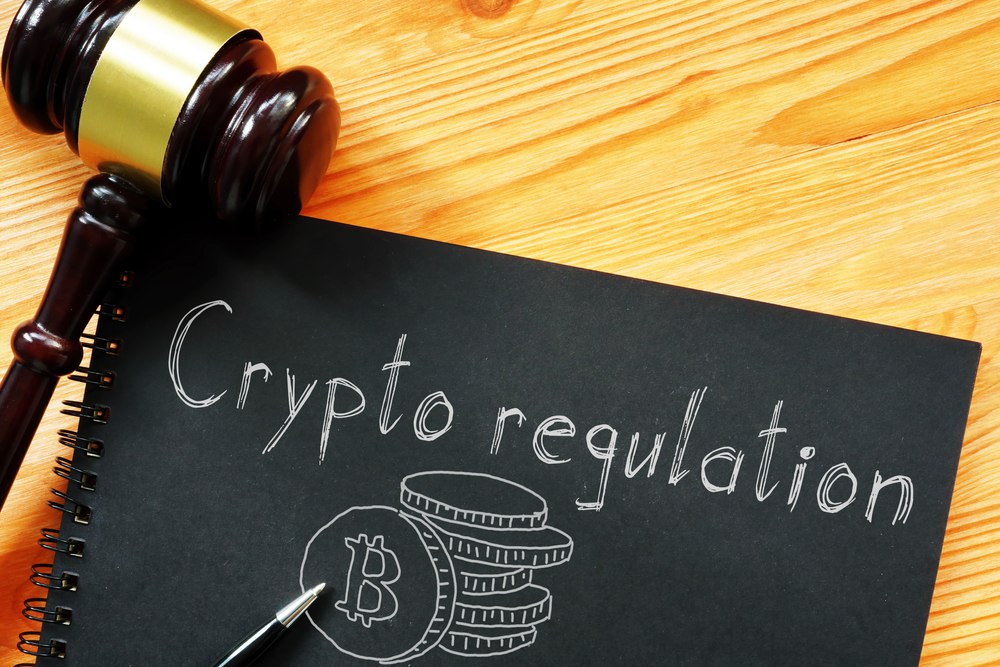Financial industry policy experts and professionals have seen the significance of guidelines in securing investors and users and avoiding financial misconduct. It has become a popular occurrence that the robust extending digital industry needs more governance.
While some proclaim that virtual digital assets’ anonymous and decentralized nature is a liquidation point, the worst thing is that it also makes them vulnerable to money laundering, fraud, and other unlawful actions. Bad players can smoothly exploit the infrastructure without appropriate governance, victimizing honest users and investors.
Financial Crime Deterrence
The virtual crypto asset industry lacks transparent guidelines and clarity in governance, and these events have led to several financial crimes like money laundering and fraud. For instance, in 2020, the United States Department of Justice indicted some Chinese nationals for laundering over a hundred million dollars in stolen crypto utilizing chain hopping and mixers methods to launder the assets’ destination and origin.
Guidelines that need virtual crypto asset exchange firms and other crypto-based industries to adopt KYC valuation and anti-money laundering, which can assist in avoiding these online criminal activities. These regulations will make it more challenging for criminals and fraudsters to utilize the virtual digital asset industry as a channel for conducting unlawful activities and simultaneously supporting law enforcement authorities in locating and capturing those who perform these activities.
How AML and KYC Can Boost Cryptos’ Full Potential
The virtual crypto asset industry is growing, but its success appears short-lived due to the uncertainty and unpredictability patterns of the industry. Moreover, given all the potential of non-fungible tokens, many still find it interesting how blockchain technology has yet to witness mass adoption.
The fact might remain that anti-money laundering policies might be the most valuable element in constructing trust among users, institutions, investors, and the general public, leading to why blockchain technology has yet to go past the marketplace phase.
Despite non-fungible tokens sowing a lot of optimism, there is still some uncertainty that the industry won’t be able to deliver to its promising nature without it indicating that it has taken legal and lawful measures to govern its operations and provide clarity and transparency to its investors and stakeholders.
But a trustless system may not be adopted by many or correspond with the public’s or individual’s interest due to rampant fraud, Non-Fungible Token Scams, and money laundry. However, with the implementation of Know Your Customer valuation, a solid regulatory infrastructure, and anti-money laundering approaches, the public’s confidence might eventually be strengthened.
Customer Security
The inadequacy of investor protections is one of the most important risks of capitalization in virtual crypto assets. Non-fungible tokens, unlike traditional currencies such as bonds and stocks, are not supported by any regulatory body or government agency. As a result, retail customers may lose their assets if the markets shift or a virtual digital asset becomes a scam.
Properly outlined and streamlined guidelines can assist in securing the customers by demanding companies or industries that indulge in virtual crypto assets or their contribution to giving detailed information about their procedures and financial status.
This move would enable customers and investors to make more mature decisions about which virtual digital assets to capitalize on, making it more challenging for unregistered, unlawful, and fraudulent companies to operate in the industry.



